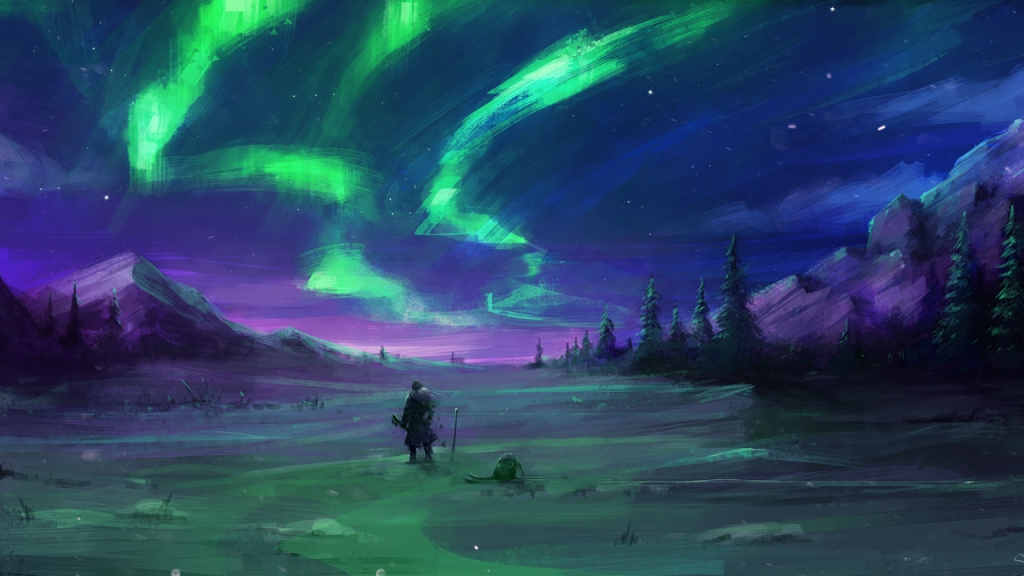bitter cold
a streetlight shining
on his pillow
— Susan Yavaniski (USA)
Polish International Haiku Competition 2022 Commendation
Commentary from Jacob D. Salzer:
I appreciate the mystery (yugen) in this haiku. The pillow could belong to a homeless person who lives on the street. However, I think the streetlight is shining through the window onto his pillow. In the latter interpretation, the word “bitter” leads me to think the husband or the poet’s son is absent or has passed away. I appreciate how there is room for interpretation left to the reader. The coldness of this haiku comes through strongly with vivid imagery. This is a powerful haiku that I think many people can relate to.
for the next hiker
at the trail’s entrance
a walking stick
— Anthony Lusardi (USA)
Acorn, Issue #49, Fall 2022
Commentary from Hifsa Ashraf:
I see here a deep and inevitable connection between humans and nature. “For the next hiker” may or may not indicate every hiker. I see it like every hiker needs some assistance when they explore nature, whether they have special needs or not. As the path to explore nature is not easy, one’s needs assistance to hike and climb difficult peaks and terrains. A walking stick may be from a tree which plays a supporting role for hikers. So, it’s more like a give and take relationship between humans and nature.
I see another aspect of this haiku which is life itself. It may reflect old age where when you enter that path, you depend on others or things to support you. I see a walking stick as a support or assistance that one needs as a senior. The word “hiker” may indicate the difficult path one has to face due to the constraints or limitations of an advanced age. The use of articles in this haiku leaves some space for the readers to relate it to their own life experiences.
under the aurora borealis
each whisper
a cloud
— Jahnavi Gogoi (Canada)
Commentary from Nicholas Klacsanzky:
This haiku captures the wonder of the aurora borealis well. Haiku often promotes the sense of awe that keeps us childlike and enjoying life—even its smallest moments. In the scene of the poem, above is the spectacle of the aurora borealis, and below is the remarkable observation of each whisper of the witnesses of the aurora borealis becoming a cloud. It provides me with gratitude for each happening, as everything that unfolds can convey beauty in its own way. There is also the image of tiny clouds blanketing the view of the aurora borealis for a second, inferring that even a tiny action can have a potent effect.
Looking at the haiku more technically, the shortness of the third line manifests the quietness of the moment. The “r” sounds in the first two lines of the haiku also add to the quietude of the scene, in my opinion. The soft “o” in the last line continues this feeling. The season for this haiku is somewhat clear, as the aurora borealis appears usually in spring or autumn. However, with the breath clouds, I would suppose the season is autumn. In autumn, each living and non-living being is more noticeable and precious due to the sparseness of the environment. In this spirit, I think the poet made the observation about the breath clouds, which could be said to connect to the aesthetic of wabi-sabi. In turn, we witness as readers spectacles above and below, remembering that our world is indeed a wonderful place.

By Sephiroth

I like the connection of the words bitter cold and then streetlight on the pillow. Bitter is the word for me that takes it belong just a very cold night. The estrangement is there in my reading. Good one!
LikeLiked by 2 people